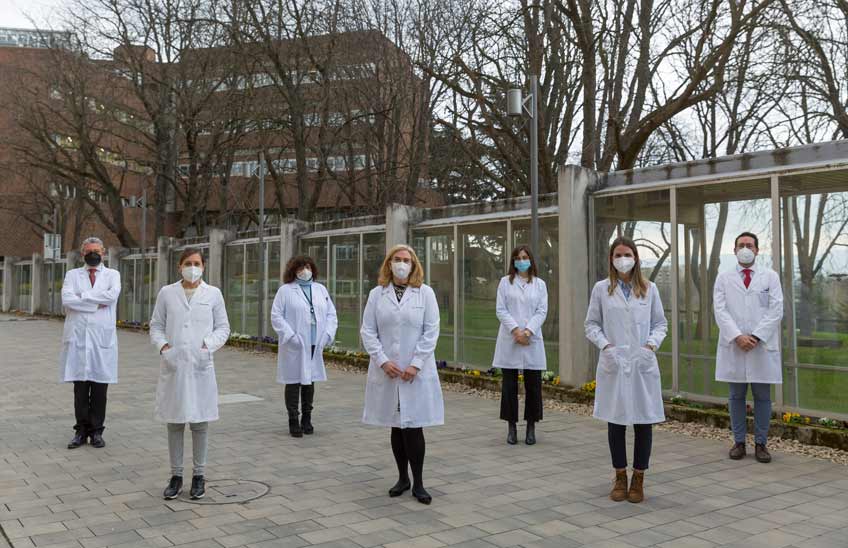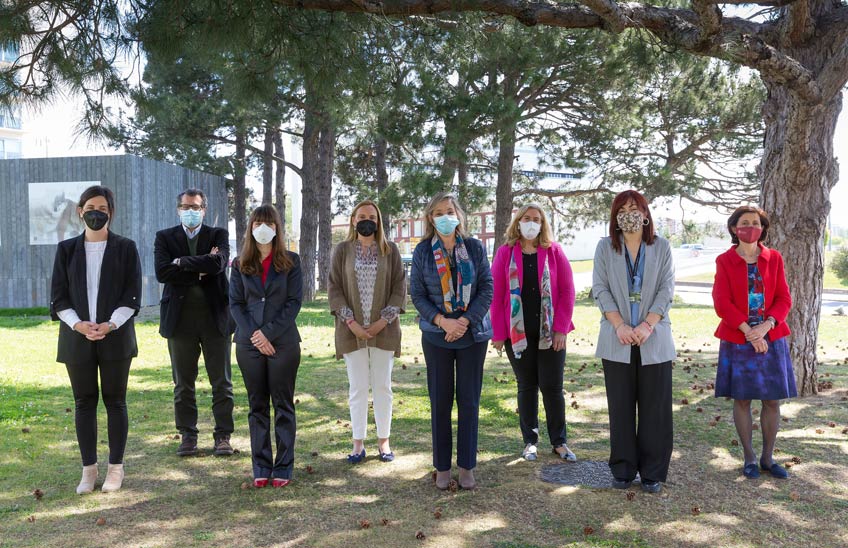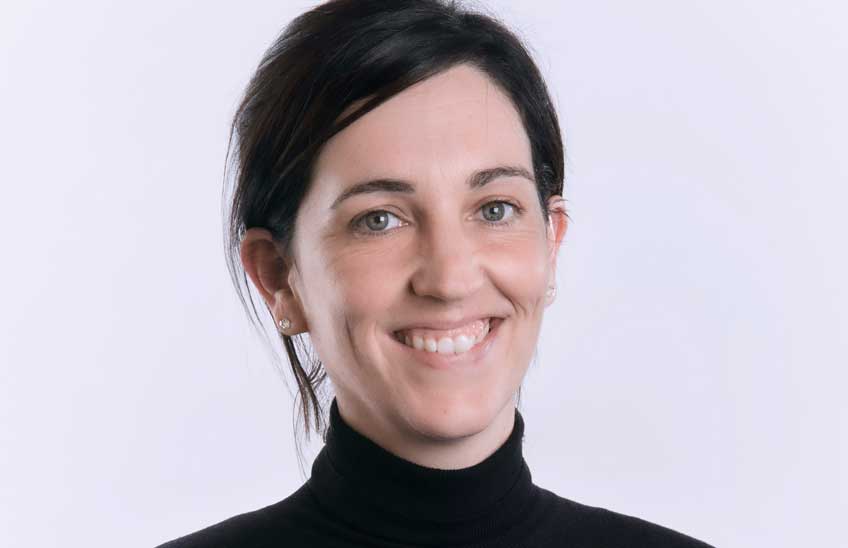Probiotic studied to lower blood sugar levels in people at risk of diabetes subject 2
The University of Navarra seeks volunteers to evaluate a new formulation aimed at sugar control, the effect on insulin and the improvement of intestinal microbiota.

FotoManuelCastells/Researchers from research center in Nutrition participating in the project Prediabetcare.
08 | 10 | 2021
The research center in Nutrition of the University of Navarra, the business Navarra Genbioma Aplicaciones SL and the Public University of Navarra have launched the Prediabetcare study, funded by the Government of Navarra in the framework of the 2020 call for projects research and development. Its goal is to evaluate the effect of the administration of a new probiotic formulation on blood sugar control, insulin resistance and the effect on the intestinal microbiota of people at risk of developing diabetes subject 2.
"Many strategies are being implemented to reduce blood sugar levels, such as dietary and lifestyle changes that include healthy diets, weight reduction diets, physical activity programs, etc. The programs of study conducted to date show that this subject of dietary and exercise-based interventions are effective in preventing or significantly delaying the development", explains María Jesús Moreno, principal investigator of project. "However, achieving changes in lifestyle and habits is truly complex and despite the use of some drugs at this stage of the disease, the problem continues to grow".
Thus, the researchers propose the possibility of using new strategies such as the use of probiotics, live microorganisms which, when administered in adequate amounts, confer a health benefit on the individual, given that at present there is no product on the market with proven efficacy that can regulate blood glucose levels in people who are in the stages prior to diabetes.
For this reason, volunteers between 18 and 70 years of age, overweight or obese and with slightly elevated blood sugar levels are being sought to participate in the study. You can contact contact by filling out the form participation form or by sending an e-mail with your data to voluntariosnut@unav.es, or by calling 948 425 744 (between 15.00 and 17.30 h). Participants who complete the study will receive a report with their biochemical and anthropometric data .
The problem of prediabetes, a "not at all reassuring" preliminary stage
"The Spanish population's diet changes during the summer months. Vacations and the greater social contact lead to a reduction in physical activity and an increase in the consumption of less healthy foods with a greater amount of sugars and poor quality fats. In addition, the pandemic status has led a large part of the population to reduce physical activity. All of this promotes body weight gain and harms people's metabolic status ," says Pedro González Muniesa, researcher of project.
At this status, more and more people are suffering from prediabetes, a condition in which blood sugar levels are higher than normal, but not high enough to be diagnosed as diabetes subject 2.
"This may seem reassuring because the message we can interpret is 'I don't have diabetes, just slightly high blood sugar,'" adds researcher Idoia Ibero. However, prediabetes can evolve into diabetes subject 2, where the risk of cardiovascular disease, kidney problems, neuropathies and retinopathies is higher. It entails a very significant loss of quality of life. In addition, people with excess weight and/or diabetes are considered vulnerable to covid-19 infection and therefore have a higher risk of becoming seriously ill. "Therefore, it is essentialto try to control blood sugar levels and slow down the development of the disease," Ibero concludes.




